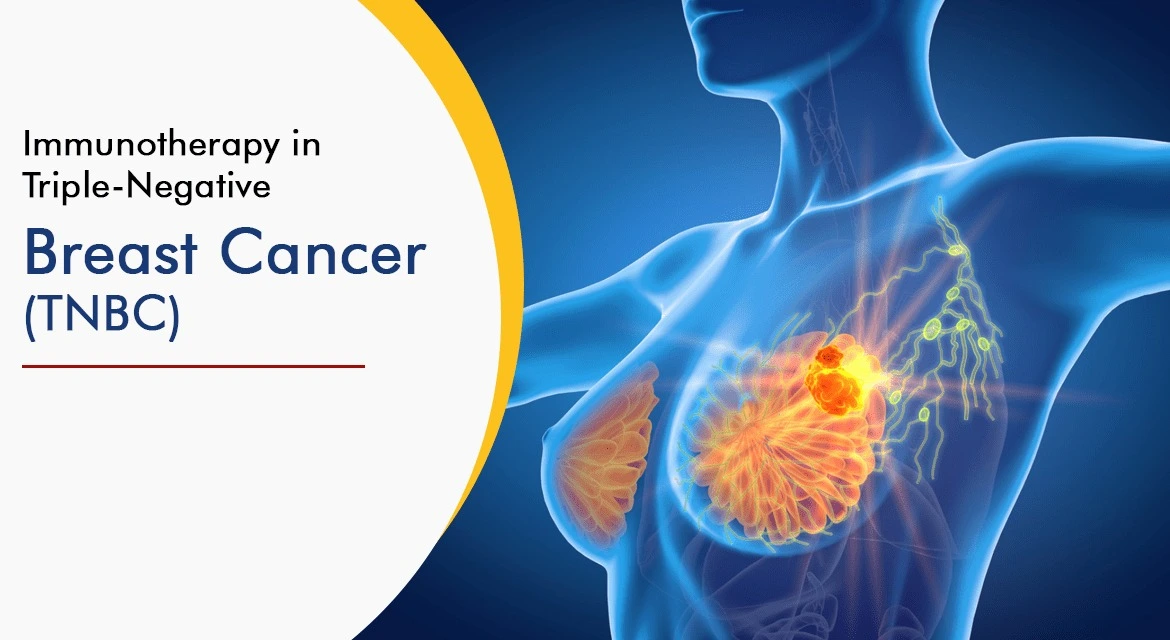Immunotherapy in Triple-Negative Breast Cancer (TNBC) Is implemented. It accounts for about 13% of breast cancer cases and is named because it tests negative for estrogen and progesterone receptors and for the HER2 protein. Triple-negative cancers tend to grow faster and often carry a worse prognosis
Triple-negative breast cancer (TNBC) is an aggressive subset with its immune activated in tumor microenvironment, suggesting that immunotherapy may be a viable treatment strategy.
Phase III clinical trials (CT): reveal that atezolizumab or pembrolizumab is well-tolerated in combination with chemotherapy, with progression-free survival benefit in metastatic programmed death ligand-1 (PD-L1)-positive TNBC patients who are treated with it as first-line therapy.
CT- IMpassion130, -a combination of atezolizumab and nab-paclitaxel is now considered a standard of care for the treatment of PD-L1-positive advanced TNBC.
Early TNBC: pembrolizumab and atezolizumab are tested in combination with standard neoadjuvant chemotherapy, resulting in a higher complete pathologic response rate.
These findings are proof of principle for immunotherapy in both early and advanced Triple Negative Breast Cancer.
Adding immunotherapy with a chemotherapy regimen can improve the likelihood that early-stage triple-negative breast cancer as per data from a clinical trial led by Dana-Farber/Brigham.
Future directions include studies, whether chemotherapy-checkpoint inhibitor combinations are going to be effective in other types of breast cancer
Also Read:
Which cancers are treated with immunotherapy? Types of immunotherapy used to treat cancer.




